Member Directory,
1847 - 1922
Charles P. Howland
Lawyer
Centurion, 1901–1932
Henry A. James and John B. Cauldwell
New York (Manhattan), New York
New Haven, Connecticut
Age thirty-one
Walpole, New Hampshire
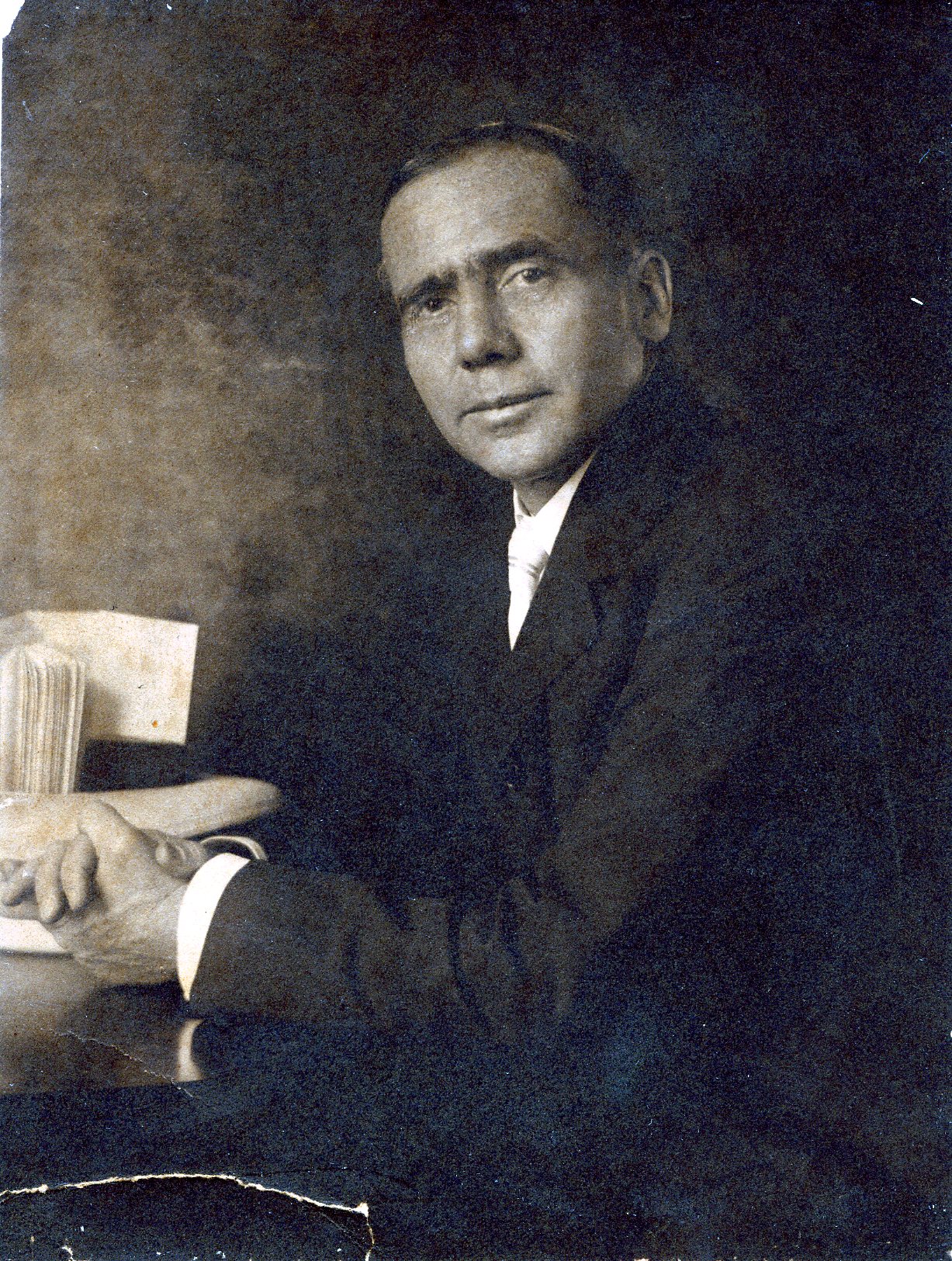
Archivist’s Notes
Son of Henry E. Howland; grandson of Jonathan Miller; brother of John Howland
Century Memorial
Charles Prentice Howland was linked to the Century both by his own friendly personality and by right of inheritance; his father was that versatile old-time Centurion, Judge Henry Howland. He was by instinct a diplomatist; had he been born in England, he would surely have mounted the successive rounds of the diplomatic ladder which, in the British foreign service, has produced that country’s long list of famous envoys. As it was, Howland’s somewhat notable achievement in that field came largely by accident. A practicing lawyer who had seen some service in New York City politics, he was selected on our entry into war in 1917 as member of the legal staff of the Emergency Fleet Corporation, then as representative of the State Department in connection with the relief of American prisoners of war. Even in these restricted fields of activity, his diplomatic capacity attracted notice. In December, 1924, the League of Nations named him as chairman of the Greek Refugee Settlement commission, to arrange the exchange of populations which the war had necessitated between Greece and Turkey.
Seldom has an achievement of so huge a scope, surrounded by so formidable possibilities of racial antagonism and hatred, been so successfully and promptly realized. With astonishingly little disturbance of economic and social conditions, almost 1,500,000 Greek refugees from Asia Minor were incorporated into the working population of Greece. When that task was completed, Howland returned to the United States to engage in the work which had always appealed to him most, research in the field of international affairs. He became Director of Research of the Council on Foreign Relations and editor of the series of annual studies entitled Survey of American Foreign Relations. This work brought him into constant contact with the State Department. He became a recognized authority on our foreign policies and a firm exponent of the new responsibilities and duties which had rendered the old American policy of isolation impossible hereafter. With all the absorption of his energies in this chosen field, Howland maintained an active interest in social functions. He had in high degree the gift of making friends and holding them. In his larger ideas and aspirations he was the type of citizen which is unquestionably destined for the leadership of the new America.
Alexander Dana Noyes
1933 Century Association Yearbook
Related Members
Member Directory Home-
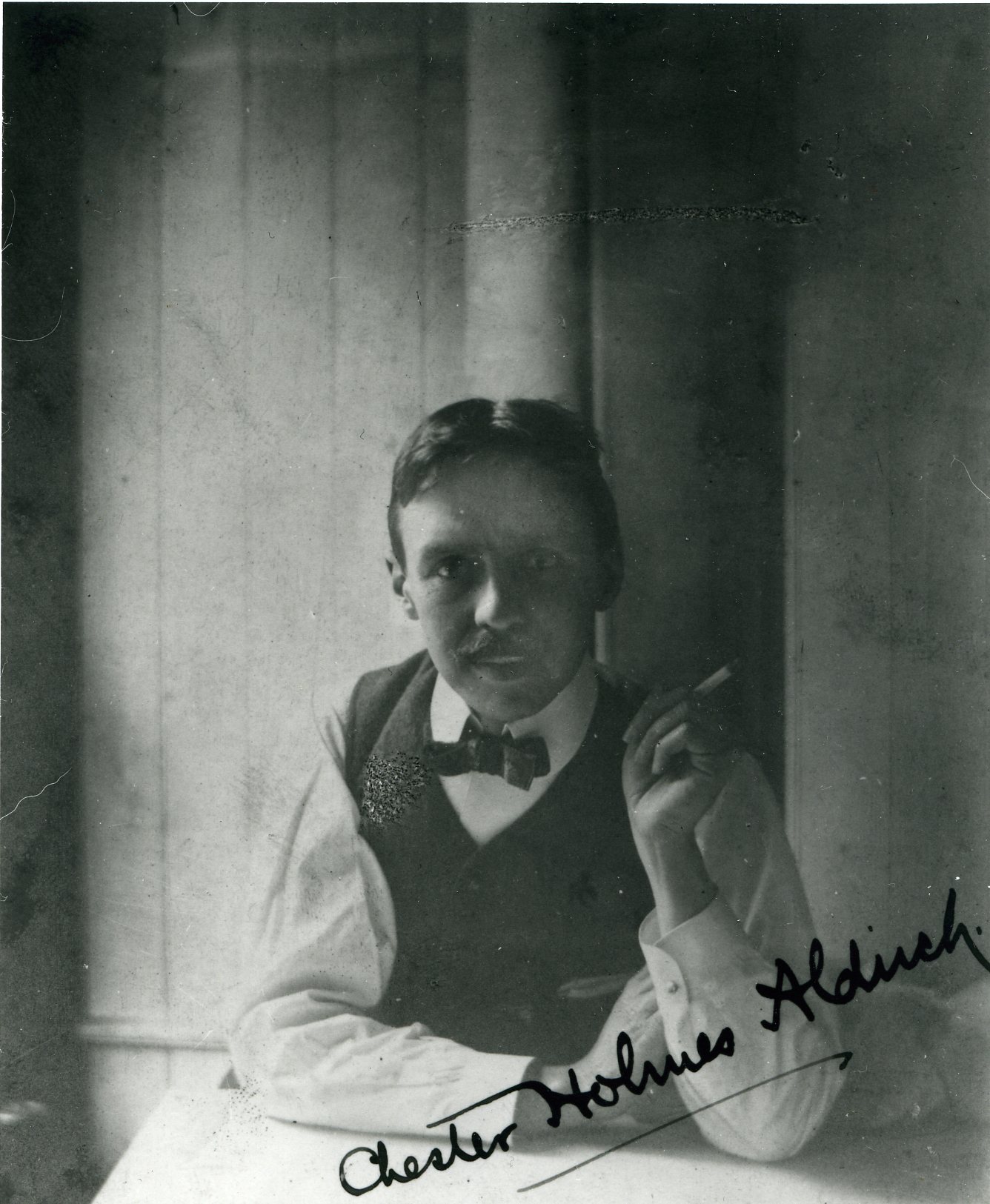 Chester H. AldrichArchitectCenturion, 1908–1940
Chester H. AldrichArchitectCenturion, 1908–1940 -
 F. B. CampbellLawyerCenturion, 1913–1935
F. B. CampbellLawyerCenturion, 1913–1935 -
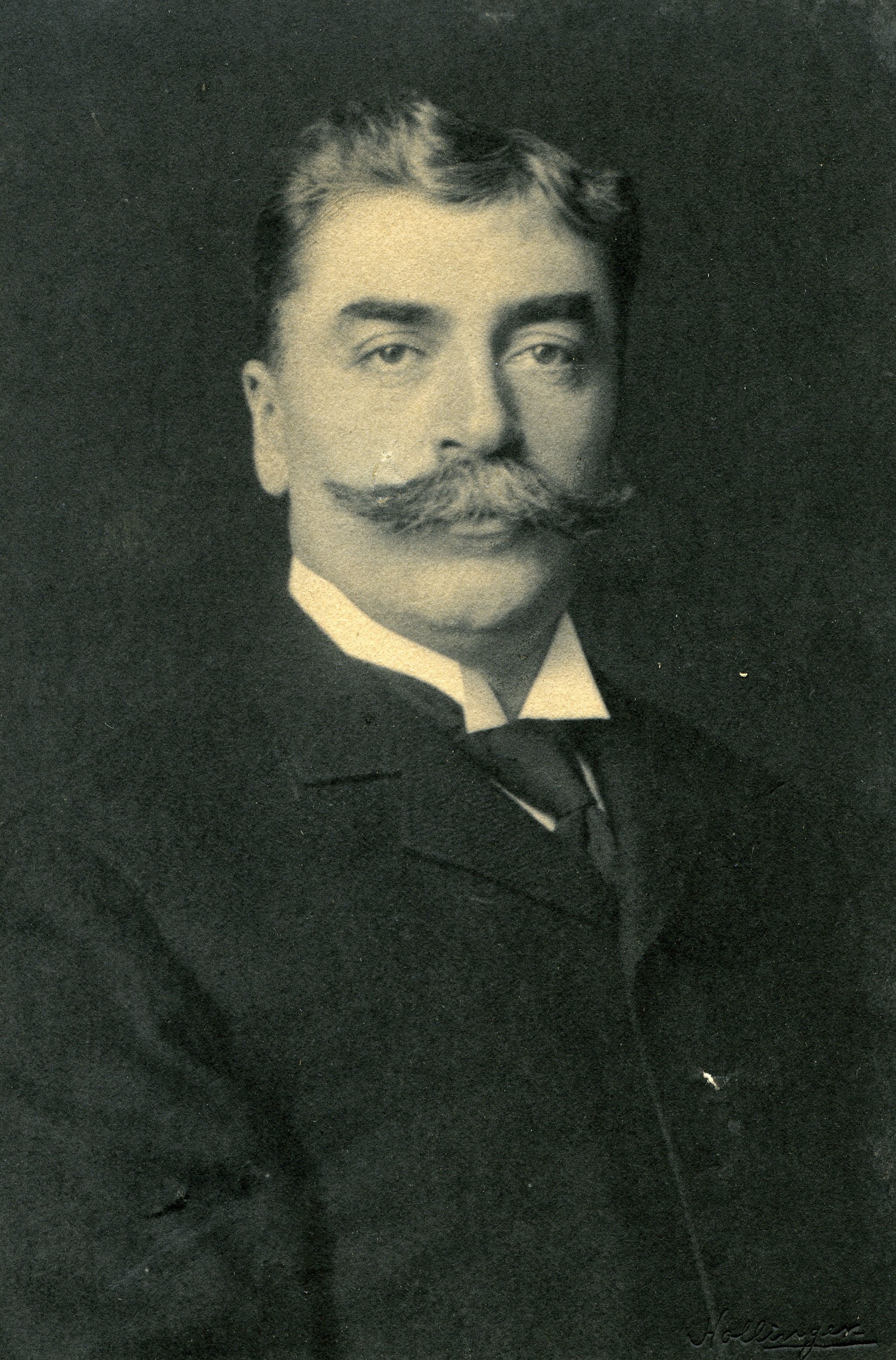 John B. CauldwellCivil EngineerCenturion, 1884–1932
John B. CauldwellCivil EngineerCenturion, 1884–1932 -
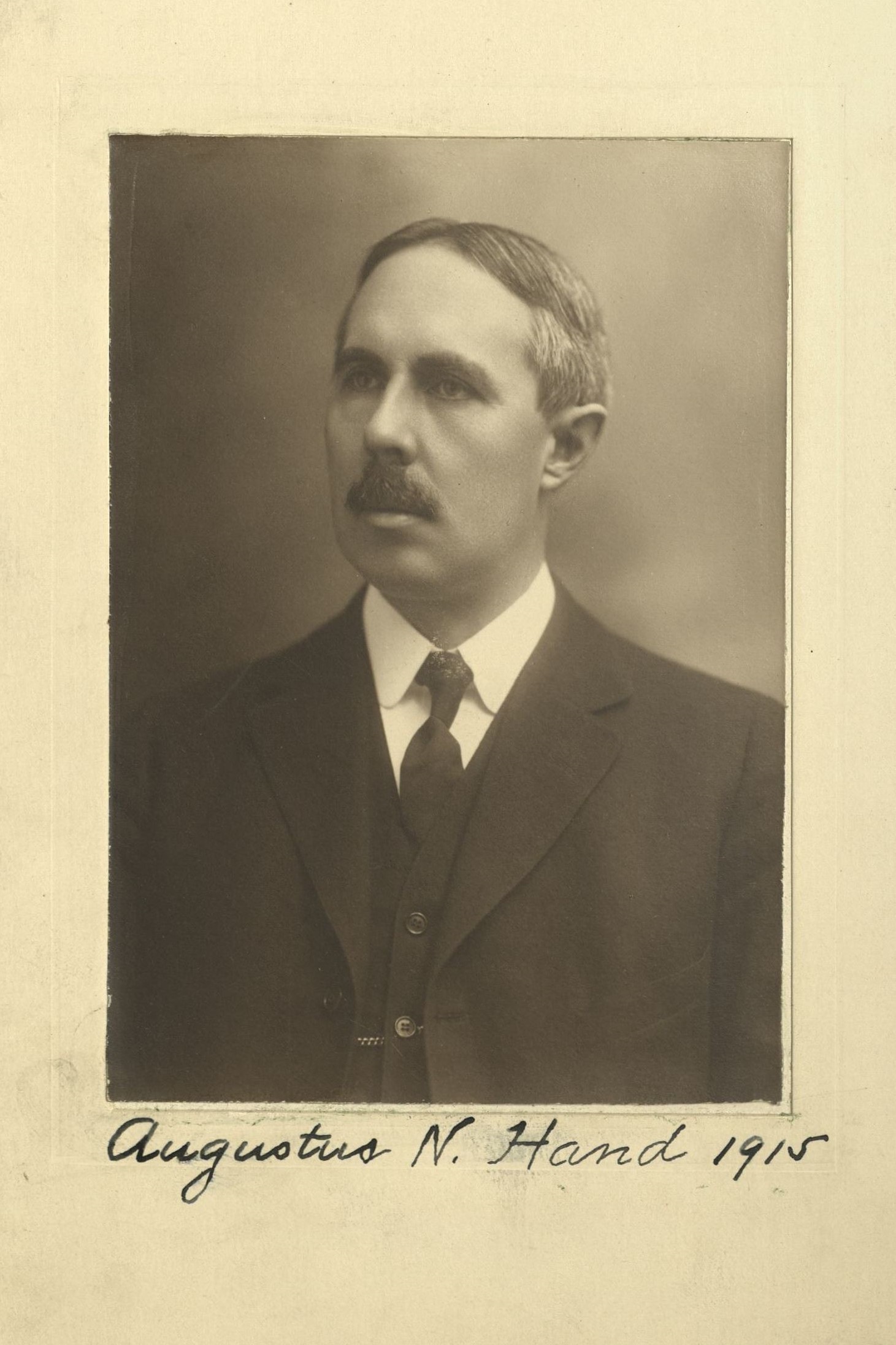 Augustus N. HandJudge, U.S. District CourtCenturion, 1915–1954
Augustus N. HandJudge, U.S. District CourtCenturion, 1915–1954 -
 John A. HartwellPhysicianCenturion, 1918–1940
John A. HartwellPhysicianCenturion, 1918–1940 -
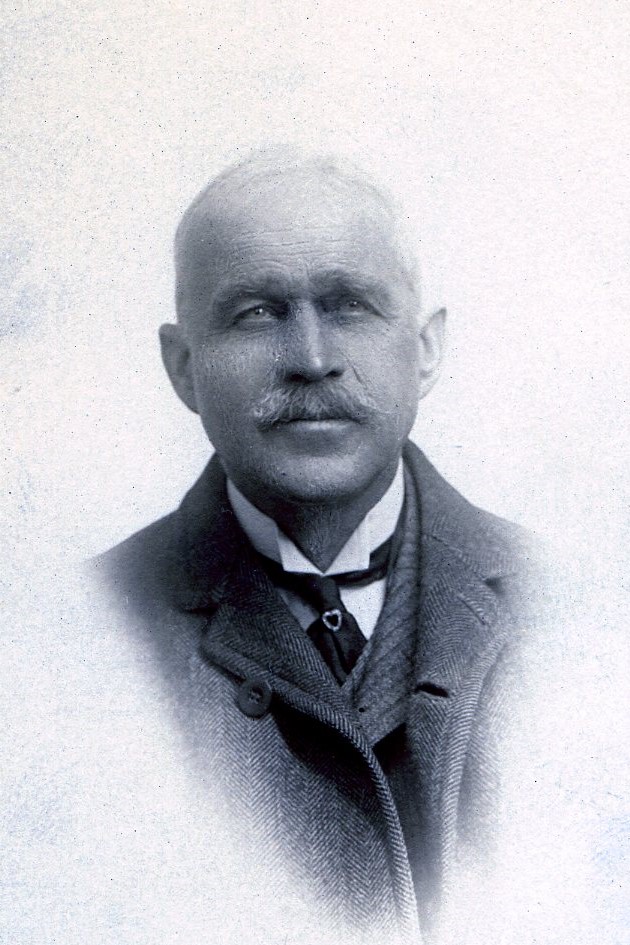 Henry A. JamesLawyerCenturion, 1892–1929
Henry A. JamesLawyerCenturion, 1892–1929 -
 Luke Vincent LockwoodLawyer/Author/AmateurCenturion, 1916–1950
Luke Vincent LockwoodLawyer/Author/AmateurCenturion, 1916–1950 -
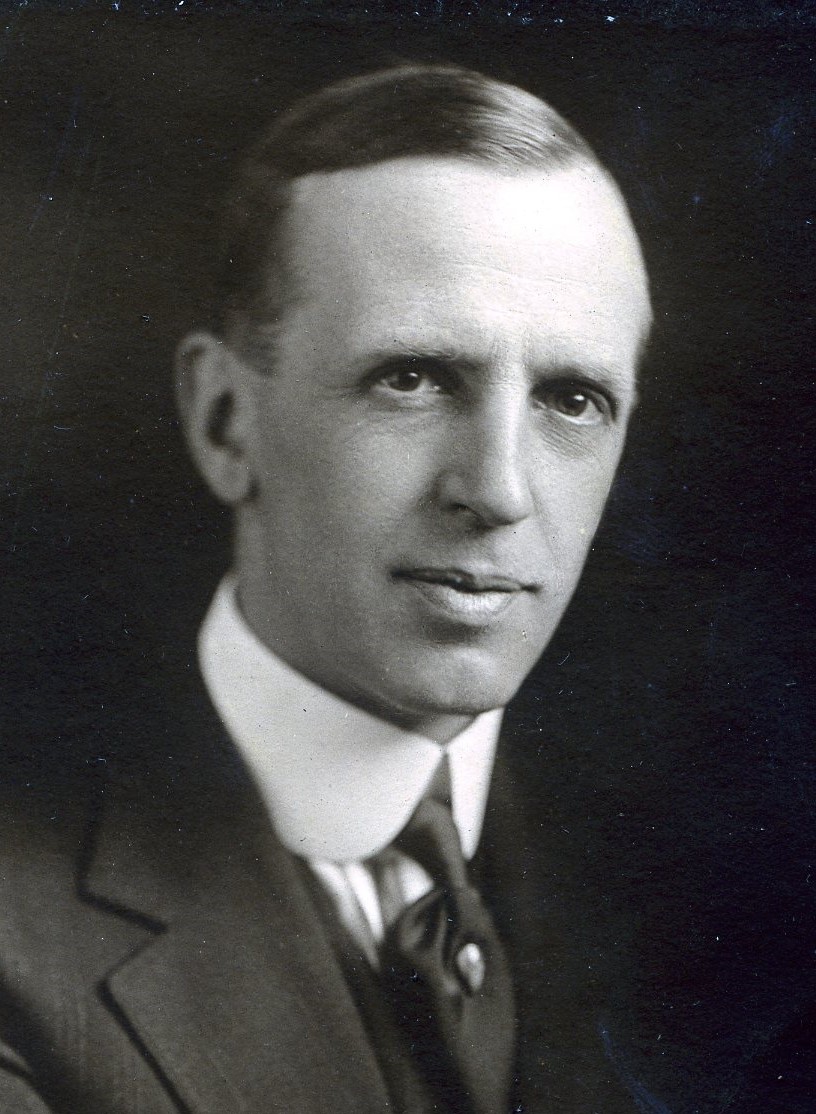 Henry Hill PierceLawyerCenturion, 1918–1940
Henry Hill PierceLawyerCenturion, 1918–1940





